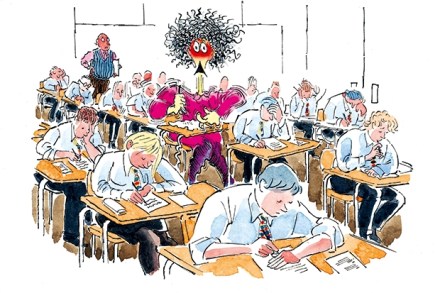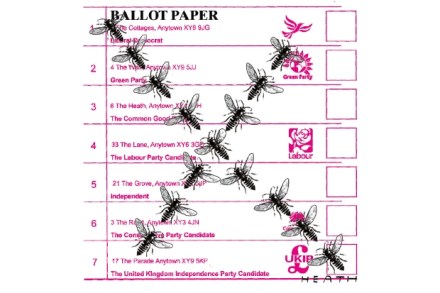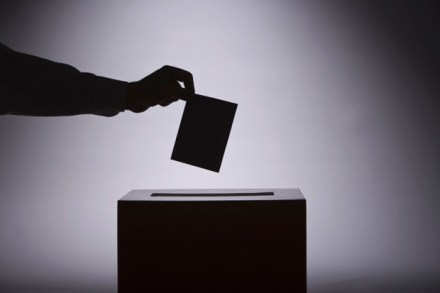The horror of exams
My heart is pounding, my hands are shaking and there’s a leaden feeling in the pit of my stomach. My pupils are dilated and my digestive process has ground to a halt. My sympathetic nervous system is kicking in and activating its ‘fight or flight’ response. And how do I know all this? Because the subject of ‘Stress, and the Body’s Reaction to It’ is one of the topics on the AQA AS-level psychology syllabus — an exam I’m just about to sit. Stress? I don’t just know about it. I’m living it. Three decades after I last took an exam, I am standing outside the sports hall of my




















